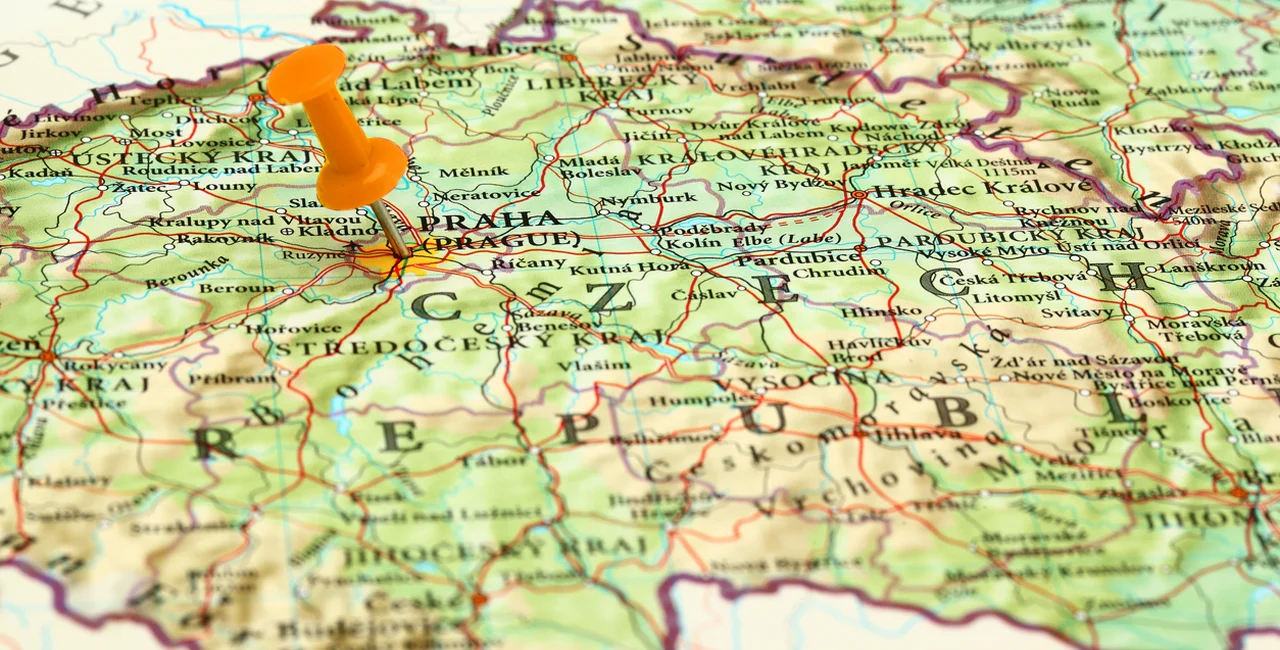Prague has been moved from low-risk green to medium-risk orange in the Czech Health Ministry’s latest regional risk map, health officials have announced at a press conference this afternoon.
“We have decided to classify the capital city of Prague as orange,” Health Minister Adam Vojtěch stated.
“The situation in Prague is deteriorating and if it continues in this way, we will have to tighten measures.”
The orange status suggests the start of community transmission of COVID-19 in Prague. According to health officials, one of the reasons the situation in the Czech capital is worsening is because of the difficulty in tracing where the new cases come from.
“We cannot trace about 30 percent of those infected,” Prague hygienist Zdeňka Jágrová said.
Nově jsou v zelené barvě, tedy I. stupni pohotovosti, okresy Kolín, Příbram, Žďár nad Sázavou a Brno – město. Naopak lokální ohniska v Moravskoslezském kraji se významně zklidňují. https://t.co/kkFxmQjnd7pic.twitter.com/3UdDFUODyB
— Ministerstvo zdravotnictví (@ZdravkoOnline) August 28, 2020
The new status does not bring any further restrictions, such as additional face mask requirements in Prague, though Vojtěch recommended wearing masks in schools.
“It will depend on the given school, on the given principal, how they will approach it,” Vojtěch stated.
“If [the number of new COVID-19 cases] continues to rise, we would be obliged. It’s not a question of feelings, but of clear data. The situation in Prague is deteriorating,”
Officials noted one new location where face masks would be required: Prague’s Václav Havel Airport, which was not specified in previous mask announcements.
Vojtěch also added that Prague was close to the border for being low-risk green.
Four other locales in the Czech Republic have been classified as green: Kolín, Příbram, Žďár nad Sázavou, and Brno. No new measures will be introduced in these localities, either.
In the Moravia-Silesia region, meanwhile, the situation has improved and some measures will be lifted starting next week. Residents will no longer need to wear face masks in shops.
Country-wide face mask requirements will also go into effect from September 1, requiring residents to wear a face mask in all public transport vehicles, health and social care facilities, public offices, polling stations, and indoor mass events with more than 100 people.
The Czech Republic reported 350 new COVID-19 cases yesterday for the fourth straight day, while the UK has added the country to its list of risk areas from which travelers are required to quarantine.












 Reading time: 2 minutes
Reading time: 2 minutes 


 English
(Advanced)
English
(Advanced)























